No cause of action against employers for take-home COVID
At the Lectern
JULY 6, 2023
Responding to questions asked by the Ninth Circuit about California law, the court’s unanimous opinion by Justice Carol Corrigan precludes an action alleging a construction worker’s wife contracted COVID from her husband due to his employer’s failure to abide by government health orders at the beginning of the pandemic.


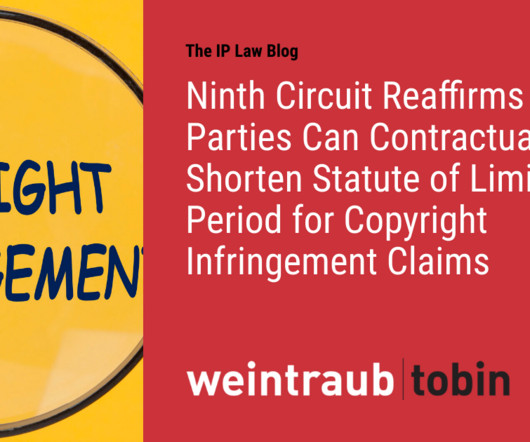

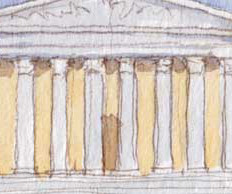
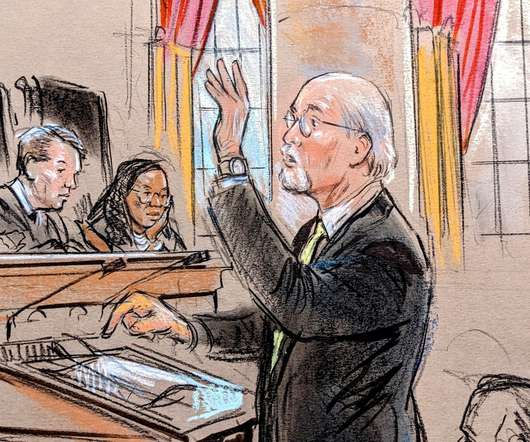
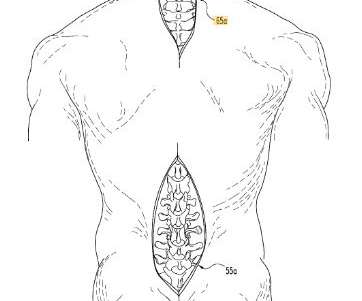

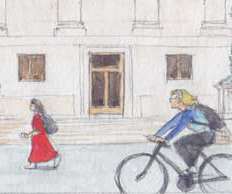














Let's personalize your content